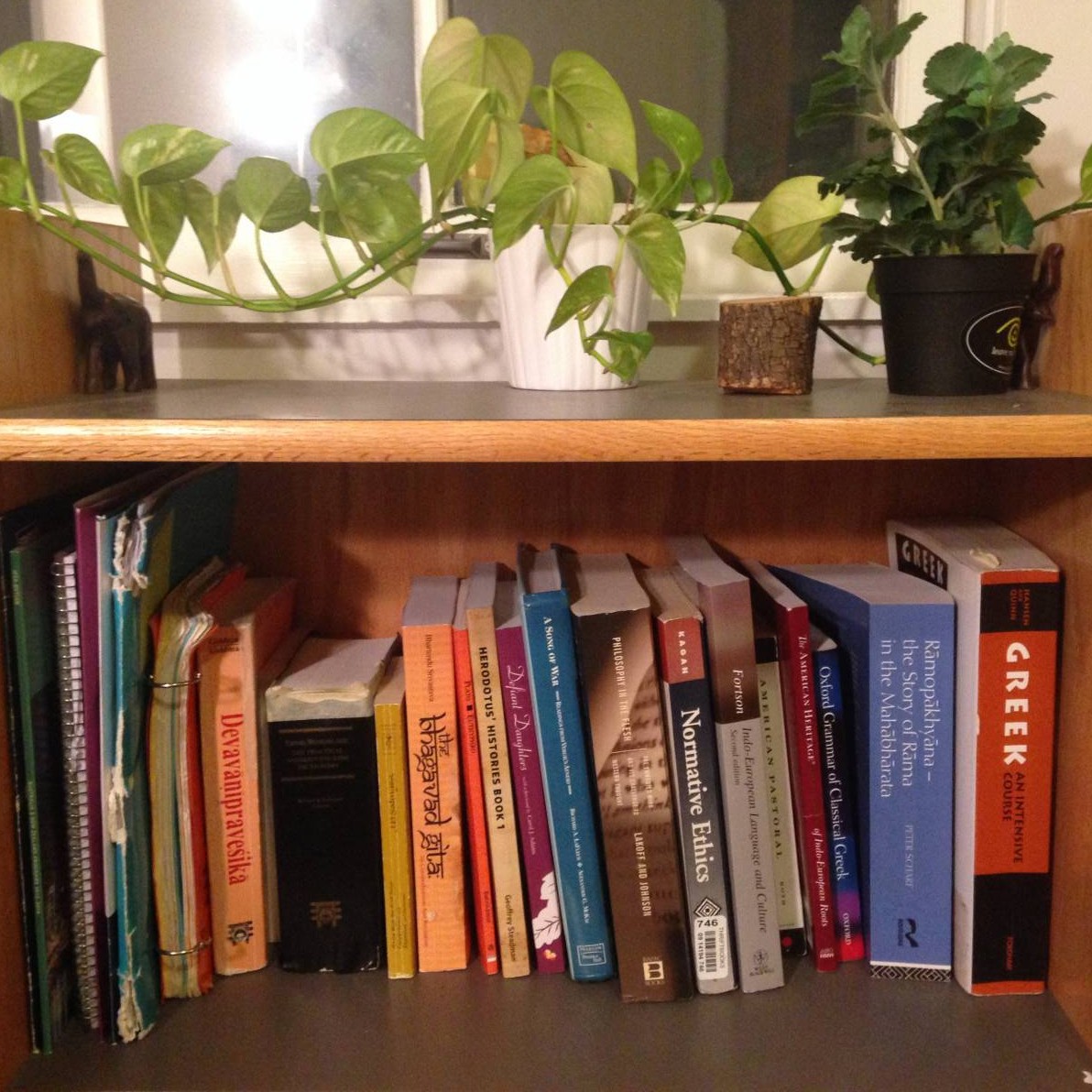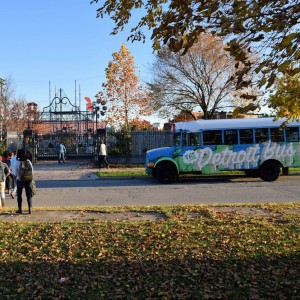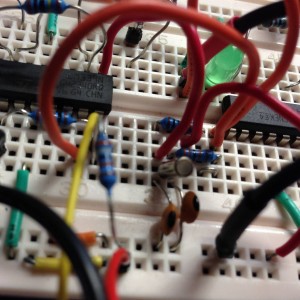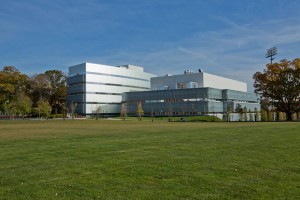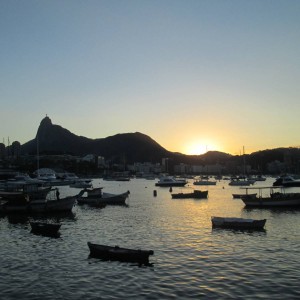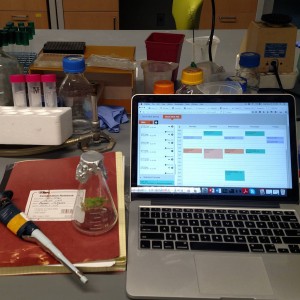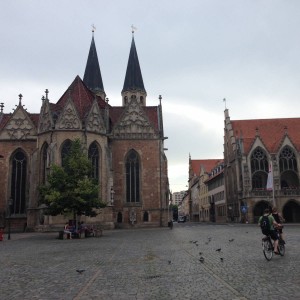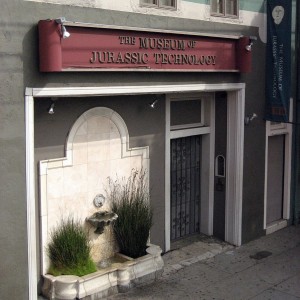
In the Palms District of LA, across from an In-and-Out Burger and a vegan cafe by the peculiarly Californian name of “Native Foods,” is a quaint red-and-green façade. Inside the deceptively small storefront is a museum, but one without the monumental wonder of the Smithsonian or the Met, and certainly not the modern crispness of the Getty or the Whitney. The Museum of Jurassic Technology is a curio cabinet, in the tradition of the Alchemists and Philosophes of the Scientific Revolution and the Enlightenment. Its dark and twisted exhibit halls explore forgotten chapters of humanity from “Dogs of the Soviet Space Program” to “Collections from Los Angeles Area Mobile Home Parks.” Like Hollywood to the north, the Museum exists in a world parallel to, but separate from, the surrounding sun-bleached modernity – and I owe much to that odd world. Continue reading The Museum of Blind Alleys


